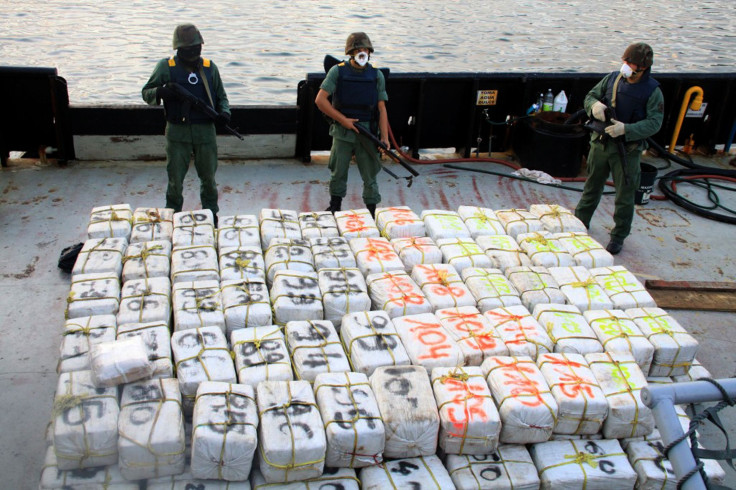US Unhappy Over Release Of Former Head of Venezuelan Intelligence Held On Drug Charges

The United States said that it is “deeply disappointed” after Dutch authorities released a former Venezuelan head of military intelligence, who was detained on Wednesday over U.S drug-trafficking charges on the Caribbean island of Aruba.
While reports initially indicated that Hugo Carvajal, a retired Venezuelan general, was going to be extradited to the U.S., he was instead flown back to Venezuela on Sunday from the Netherlands-administered island after the Dutch government said he had diplomatic immunity. The U.S. State department was also worried about reports suggesting that Venezuela used threats to obtain his freedom, according to a Reuters report.
“We are also disturbed by credible reports that have come to us indicating the Venezuelan government threatened the governments of Aruba, the Netherlands, and others to obtain this result,” U.S. State Department spokeswoman Jen Psaki said, adding that “this is not the way law enforcement matters should be handled.” While she did not go into the details of Venezuela’s threats or the source of the reports, she said they were “more than media reports.”
Carvajal’s release was prompted by Venezuelan threats of economic and military pressure on the two Dutch islands of Aruba and Curacao in the Caribbean, the Wall Street Journal reported Monday. Venezuelan officials celebrated Carvajal's release, calling it a "victory" over the U.S.
According to Aruba’s chief prosecutor, Peter Blanken, Venezuelan navy ships were seen approaching the Caribbean islands over the weekend, as Dutch officials decided what to do with Carvajal. "The threat was there," Blanken reportedly said.
Psaki said: “We made a legitimate request for Carvajal’s arrest in conformity with our treaty which governs extraditions between the United States, the Netherlands, and Aruba,” adding that Washington viewed Carvajal's claims of immunity as "beyond established international norms."
Carvajal ran Venezuelan military intelligence from 2004 to 2008 and, opposition politicians in Venezuela and the U.S. government say that, during that time, Carvajal was responsible for years of state involvement in the illegal drug trade.
During the rule of late Venezuelan President Hugo Chavez, Carvajal was considered to be one of the most powerful people in Venezuela. Blacklisted by Washington in 2006, Carvajal has been accused of protecting cocaine shipments from being confiscated by Venezuelan anti-narcotics authorities, as well as providing weapons and protection to Columbia’s FARC rebels. Carvajal denies these charges.
The U.S. State Department said it would pursue efforts to bring Carvajal to justice and blamed Venezuela for his release. The case threatens to escalate tense relations between Venezuela and the U.S., as the latter has sought to accuse Venezuela of officially sanctioning the illegal drug trade.
Carvajal who made a brief appearance on stage with Venezuelan President Nicolas Madura, at the Socialist Party Congress on Sunday night, accused Aruban authorities of corruption saying: "The judge and the prosecutor who proceed with my case are corrupt. I suspect they received money for what they did to me."
© Copyright IBTimes 2024. All rights reserved.





















